
The digestive system is also called the second brain. It is a sophisticated system, and it needs regular care to function. Your gut thrives when you are active, eating an excellent diet, and managing your stress. But what can you do when things start to feel a little funky downstairs? What are the best gut health supplements and healthy gut food to take?
Gut Health Supplements: Which Option is Better?
If you want to know how to improve gut health naturally, we will discuss in this article the difference between probiotics and prebiotics supplements and which will be the most beneficial to your gut health.
What is a probiotic?
Probiotics are health-promoting bacteria that live in your gut. Billions of bacteria work hard to ensure your daily digestion remains optimized. These bacteria are delicate, and they can die off. You may have symptoms of bloating, change in bathroom habits, and gas.
Popular options for gut probiotics are:
- yogurt
- kombucha (a fermented tea)
- kefir products
- sauerkraut
- pickles
- kimchi
In finding the best probiotic for gut health, your first instinct may be to grab a fermented food that is rich in natural bacteria. Unfortunately, these food options will not replenish your gut bacteria. You will have better results if you add a probiotic supplement to your routine. Afterward, you should maintain your gut health by including fermented foods.
What is a prebiotic?
Prebiotics are very important for your gut health but they are not advertised as much. Prebiotics are food sources that nourish probiotics. Increasing your intake of healthy gut foods will increase the number of healthy bacteria.
Food sources of prebiotics for gut health:
- nuts
- legumes
- fruits
- vegetables
- whole grains
Prebiotics are available in the diet through fiber. Fiber is a type of carbohydrate that plays a vital role in digestive health. Bacteria in your gut eat break down fiber and use it as fuel to thrive. Aim to have a variety of fiber-rich foods across your snacks and meals for the day.
How to know if I need a prebiotic or a probiotic?
The best way to know which option will be the most impactful for your health is to complete a food diary. Track your intake for two weeks and assess your intake of fiber-rich foods. Are you eating 30-35g of fiber per day? If not, you may try to bump up your fiber and then reassess how your gut feels.
If your fiber intake is excellent then it’s time to consider gut probiotics. There are hundreds of options on the market and they all contain unique strains of bacteria. You will need to take the correct strain that targets your symptoms. It can feel overwhelming to try and figure out which probiotic is the right option for you. Contact a Registered Dietitian or a Pharmacist to review appropriate options.
Can I do both options at the same time?
Yes, you can take probiotic supplements and increase your prebiotics at the same time. Your gut bacteria need plenty of food to thrive! Increase your daily fiber intake slowly. Include an extra glass of water to reduce the risk of constipation. Your digestive system will need adequate time to adapt and it is unlikely changes will happen overnight.

What can I do to maintain my gut bacteria long-term?
Cut back soda pop, sweetened products (like flavored yogurts), and other refined products. Consider making your kombucha at home. This fermented beverage is rich in bacteria. If you create the batch at home you have full control over the flavor. There are several kits you can buy online to start your brew at home.
Here are some options:
- Kombucha Brewing Kit – brew 2 gallons of your own Kombucha
- Brewing Equipment with flavor add ons – experiment with different flavors
- Kombucha Starter Kit for two brews – a smaller option for homebrew enthusiasts
You should not rely on a probiotic supplement for the rest of your life. Gut health supplements will help you get back to normal, but you should maintain a healthy gut through lifestyle and diet. Remain active, and stay on top of your stress levels.
Image credit: Christopher Campbell on Unsplash


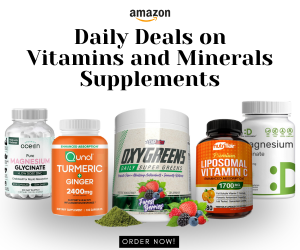
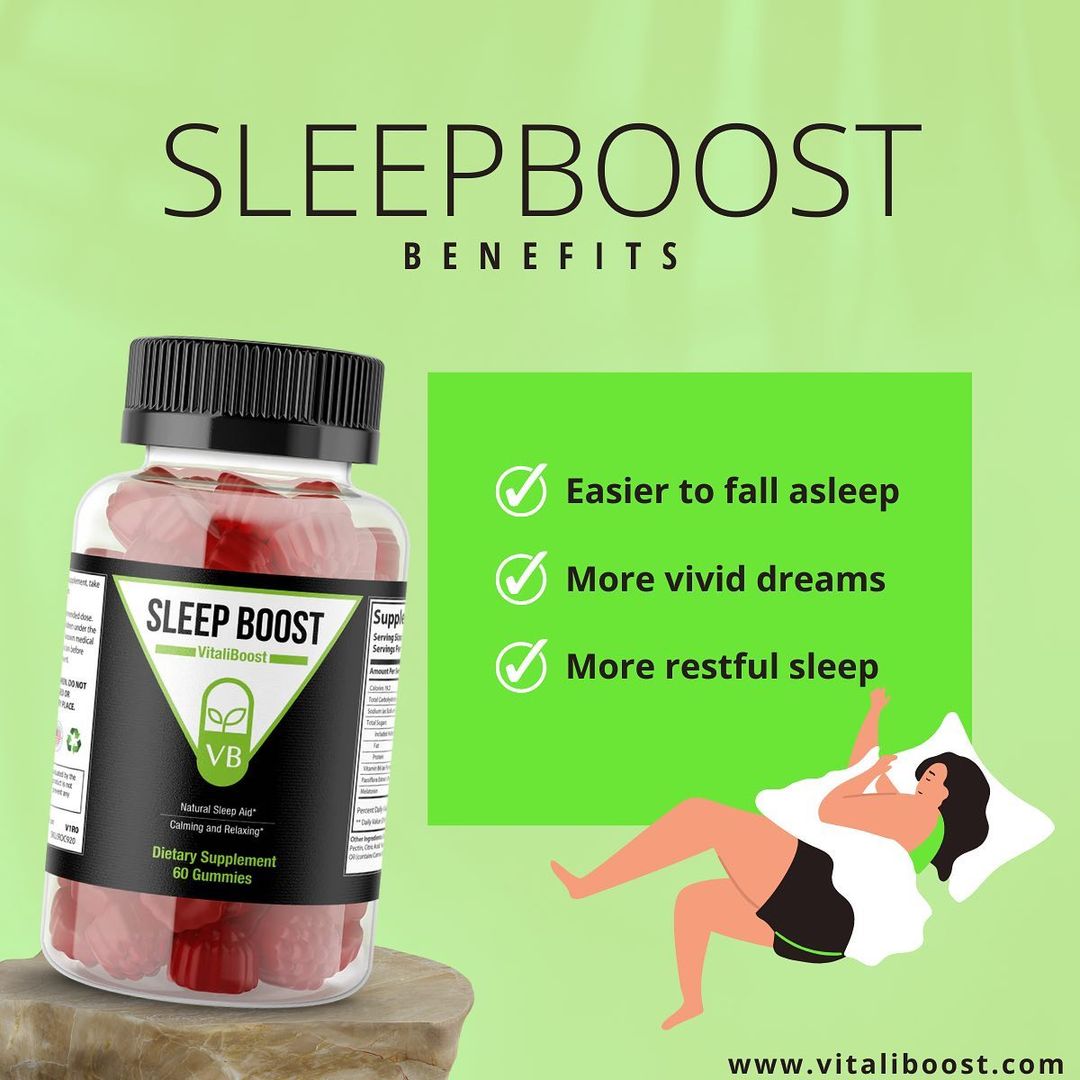
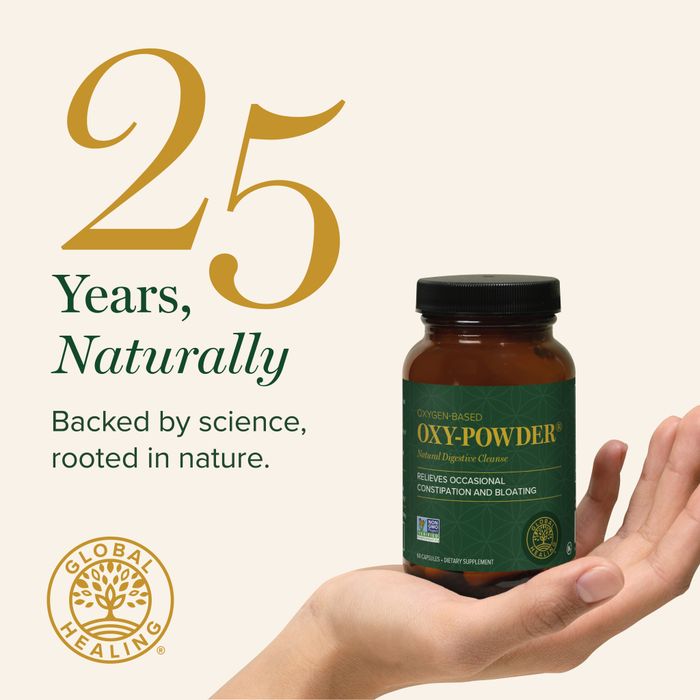
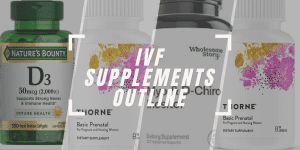
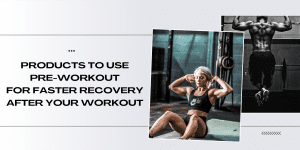

2 Responses